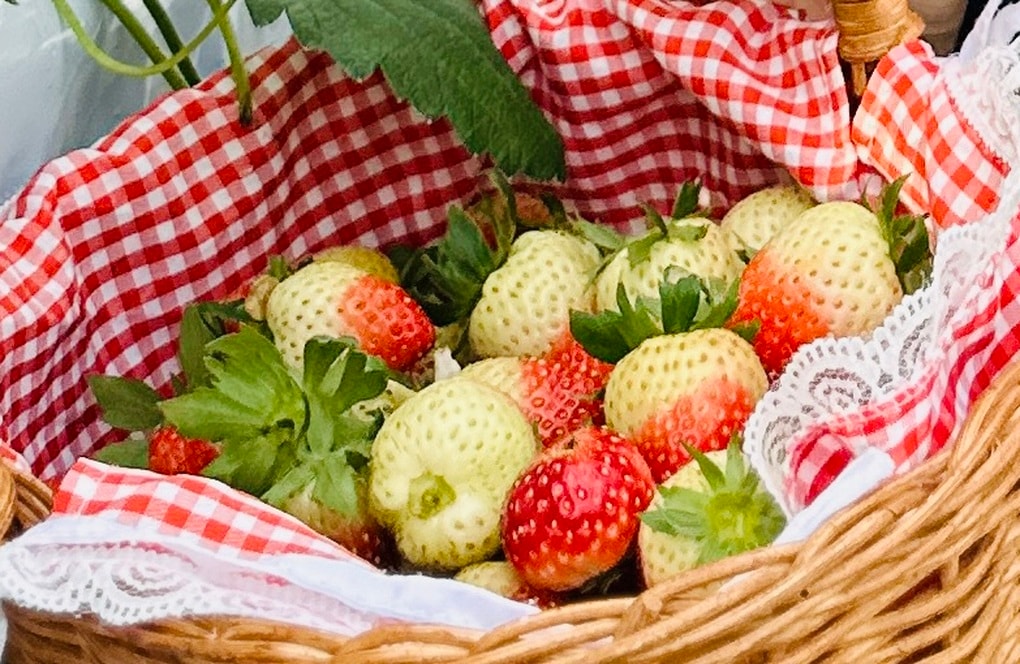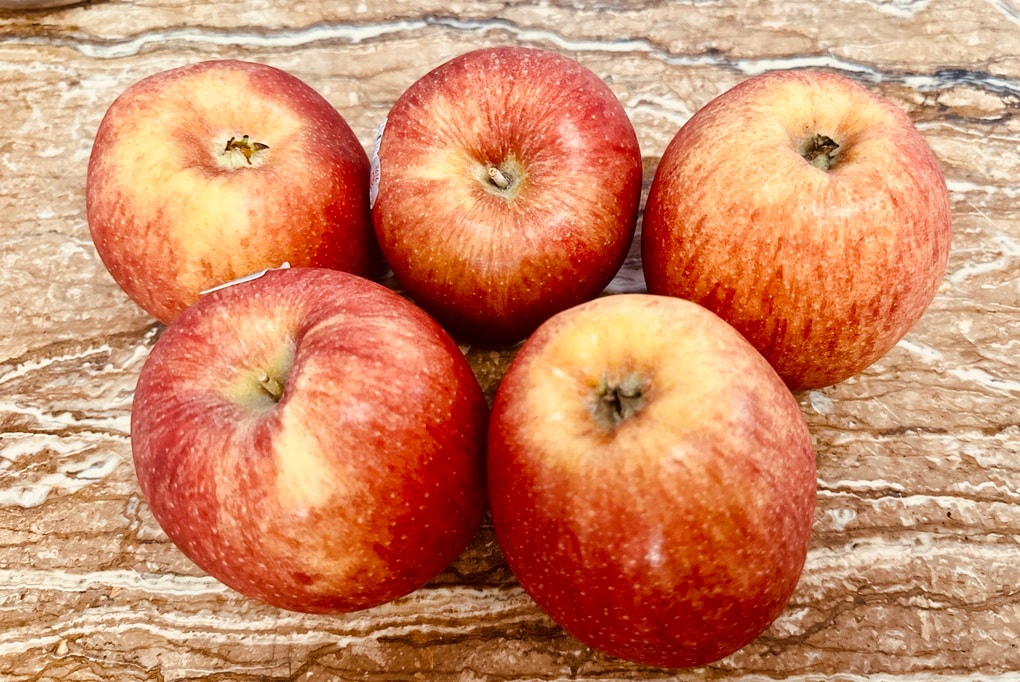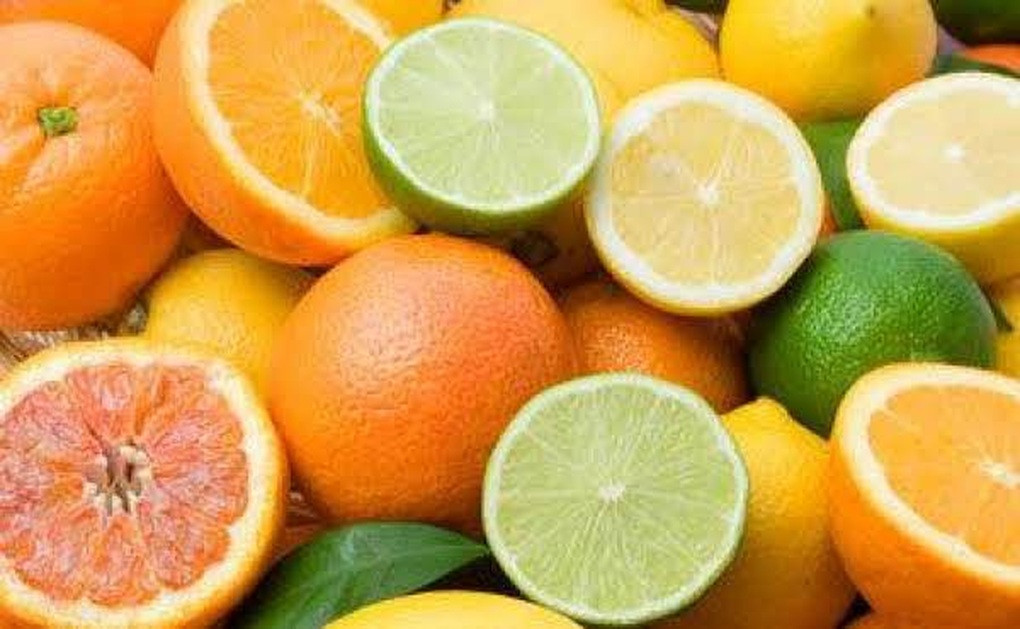6 types of fruit bring unexpected benefits to health, prevent disease
There is growing evidence that chronic inflammation is strongly linked to the risk of heart disease, diabetes, and cancer. Fruits are essential in preventing disease.
If you have ever cut yourself, you have experienced a process called inflammation. This acute inflammation triggers an internal response in the body to protect the body from infection, heal the wound, and prevent disease. But there is another form of inflammation that cannot be prevented or healed, and that is inflammation that can cause damage and harm. This is called chronic inflammation.
Chronic inflammation can damage cells, tissues, and organs. Medical experts recognize that this slow, simmering inflammation can contribute to serious chronic diseases, including heart disease, diabetes, and many types of cancer.
Although researchers do not yet have clear evidence to show that chronic inflammation is the cause of these chronic diseases, there is growing evidence that they are closely linked.
And a diet containing certain nutrients and plant chemicals (phytochemicals) may reduce the risk of inflammation.
Eat a variety of fruits every day (250-350g) to increase antioxidant activity. Fruits are especially rich in anti-inflammatory compounds, which are important in protecting our bodies from heart disease, diabetes, some cancers and bowel disease.
How to get enough healthy fruit in your diet? One strategy is to eat seasonally.
While all fruits tend to be rich in disease-protective nutrients, some have received special attention in the nutrition world for their anti-inflammatory benefits.
Below are fruits that help fight inflammation and prevent disease according to Harvard Medical School (USA):
Berries
From strawberries and raspberries to cranberries and blueberries, these fruits are especially potent in their antioxidant and anti-inflammatory effects. Along with fiber and vitamin C, berries also contain plant pigments, such as anthocyanins and ellagic acid, which may benefit your health.

Studies have linked increased berry consumption with a reduced risk of heart disease, Alzheimer's disease and diabetes.
Or raspberries, also known as blackberries, also provide a lot of fiber, vitamin C, ellagitannins, anthocyanins, phenolic acids,... which are effective in reducing the risk of cancer, anti-oxidation, anti-inflammation, diabetes, cardiovascular diseases...
According toHealthline, berries are high in fiber, vitamin C, and antioxidant polyphenols. Blueberries have an impressive nutritional profile, being particularly rich in fiber, vitamin C, vitamin K, and manganese.

Apple
Maybe they're right about an apple a day. A study of nearly 35,000 women found that consuming this fruit, along with its cousin the pear, was linked to a lower risk of death from heart disease.
The key components of apples – fiber, vitamin C, pectin, and polyphenols – have been shown to have anti-inflammatory effects and promote beneficial bacteria in the gut. This is mainly from animal studies.
According to K Hospital, research on patients shows that consuming apples (≥166gr) will reduce the risk of cancers such as laryngeal, colorectal, breast, ovarian, esophageal, oropharyngeal, and prostate cancer. Eating a lot of hard fruits such as apples and pears also helps reduce the risk of lung cancer. The mechanism is because they inhibit cell proliferation and may be due to antioxidant activity.
Apples are good for people with coronary artery disease because they reduce mortality even when eaten in small amounts (50-70g/day). The mechanism may be due to their antioxidant effects and lipid metabolism regulation.
Nuts
Cherries, peaches, apricots, and plums are all examples of this type of fruit. They contain fiber, vitamin C, potassium, and many of the plant chemicals responsible for their color.
Some studies suggest that cherries may reduce post-exercise soreness and reduce the risk of gout attacks. Cherries' high levels of phenolic compounds, which have been linked to reduced inflammation, may be responsible for these benefits.

Citrus
Oranges, grapefruits, and lemons are known for their high vitamin C content. They also contain fiber, potassium, calcium, B vitamins, copper, and anti-inflammatory plant chemicals like flavonoids and carotenoids. Although there is little human research on their actual benefits, the nutrients in citrus fruits have been linked to heart-protective effects.
Pomegranate
Those tiny pomegranate seeds are packed with vitamins C and K, potassium, fiber, and powerful plant chemicals like anthocyanins and resveratrol. These nutrients may be behind the potential benefits of eating pomegranates.
Grape
These juicy fruits are high in fiber, vitamins C and K, and powerful phytochemicals. Phenolic compounds from grapes have antioxidant, cardioprotective, anticancer, anti-inflammatory, anti-aging, and antibacterial properties.
Grapes contain high levels of caffeic acid, which is a very effective anti-cancer agent. In addition, grapes also contain bioflavonoids, a nutrient that helps the body easily absorb vitamin C and helps vitamin C maintain tight connective tissue, preventing vitamin C from being oxidized and preventing capillary rupture./.



